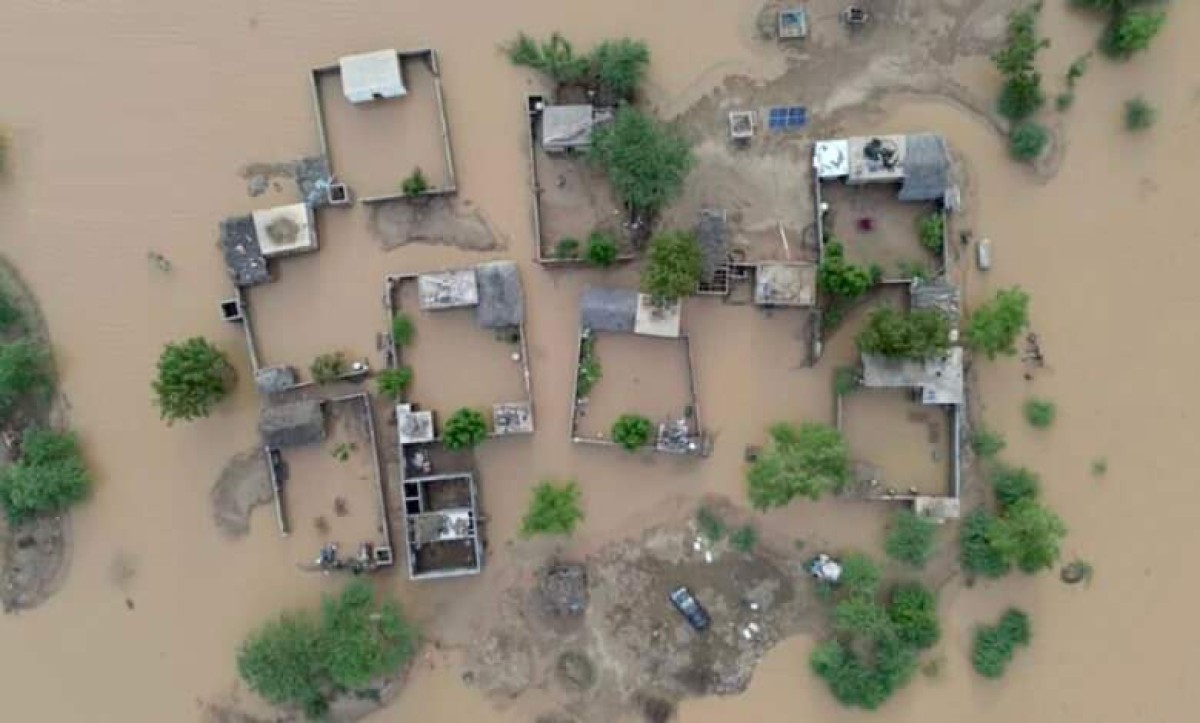International report: 350,000 Yemenis are homeless due to floods


The International Organization for Migration announced today, Thursday, that 350,000 people have been affected by floods in Yemen since the beginning of last August, and launched an urgent appeal to provide more than $13 million to provide relief to those affected.
The United Nations organization said in a statement entitled “Urgent Appeal” that severe floods over the past month caused destruction and devastation that negatively affected thousands of vulnerable families in several Yemeni governorates.
She added that she is seeking $13,265,650 for a period of 6 months to support 50,000 affected families.
She explained that the number of members of these families amounts to 350,000 people, and they live in high-risk areas in the governorates of Ma’rib, Hodeidah, Sana’a, Ibb, and Taiz.
Despite response efforts, there is a need for additional funding to deal with rapidly increasing needs, as more severe weather events are expected to occur throughout this September, according to the organization.
She pointed out that the increasingly harmful impact of climate change is on the most vulnerable groups, such as thousands of internally displaced people, many of whom have been displaced more than once, and are now left without any possessions due to diminishing humanitarian response resources.
These unprecedented, violent weather conditions are occurring amidst outbreaks of waterborne diseases across Yemen, increasing the risk of disease spreading and putting pressure on the limited capacity of health facilities.
Since the beginning of last August, the rate of rainfall has increased in Yemeni governorates, leading to the death of about 190 people and the injury of hundreds of others as a result of torrential rains and accompanying thunderbolts, especially those living in displacement camps, according to government, Houthi and UN figures monitored by Anatolia.
Yemen suffers from severe infrastructure weakness as a result of a civil war that began about 10 years ago, which made the effects of the floods increase the tragedy of the population, who complains of the fragility of basic services